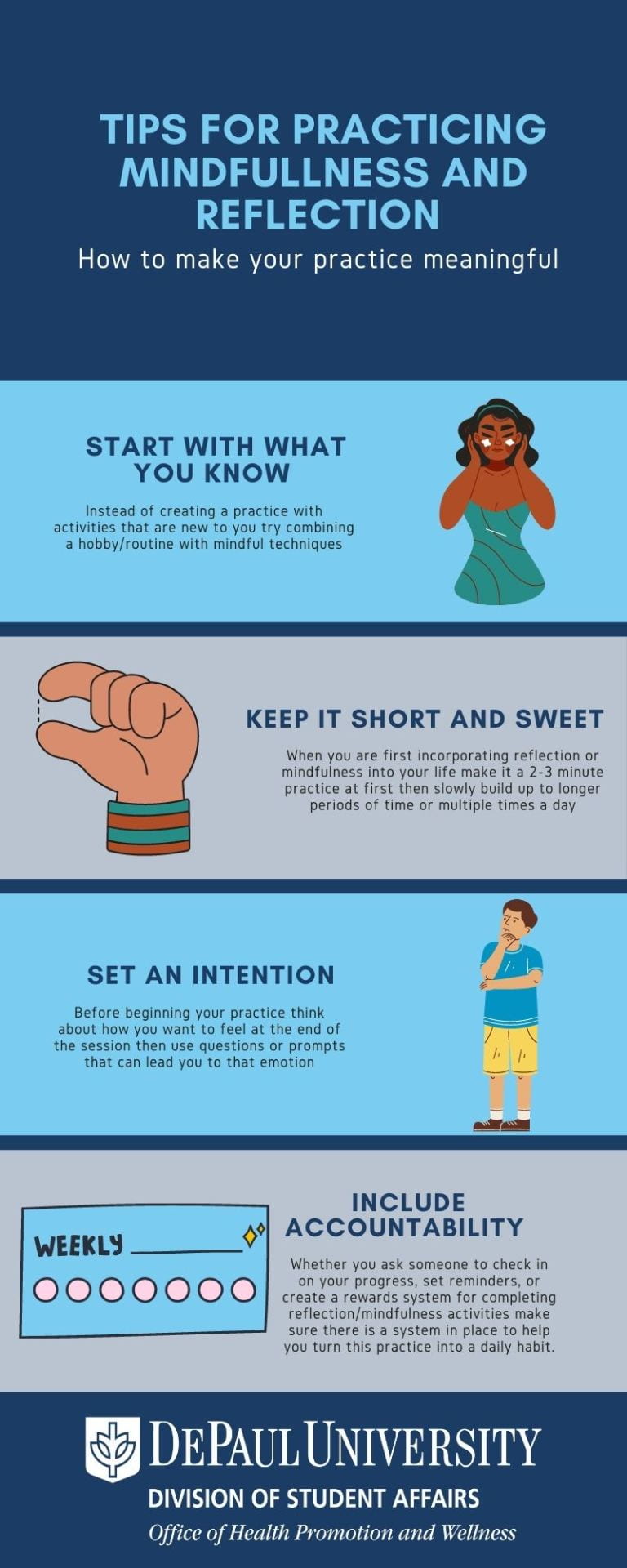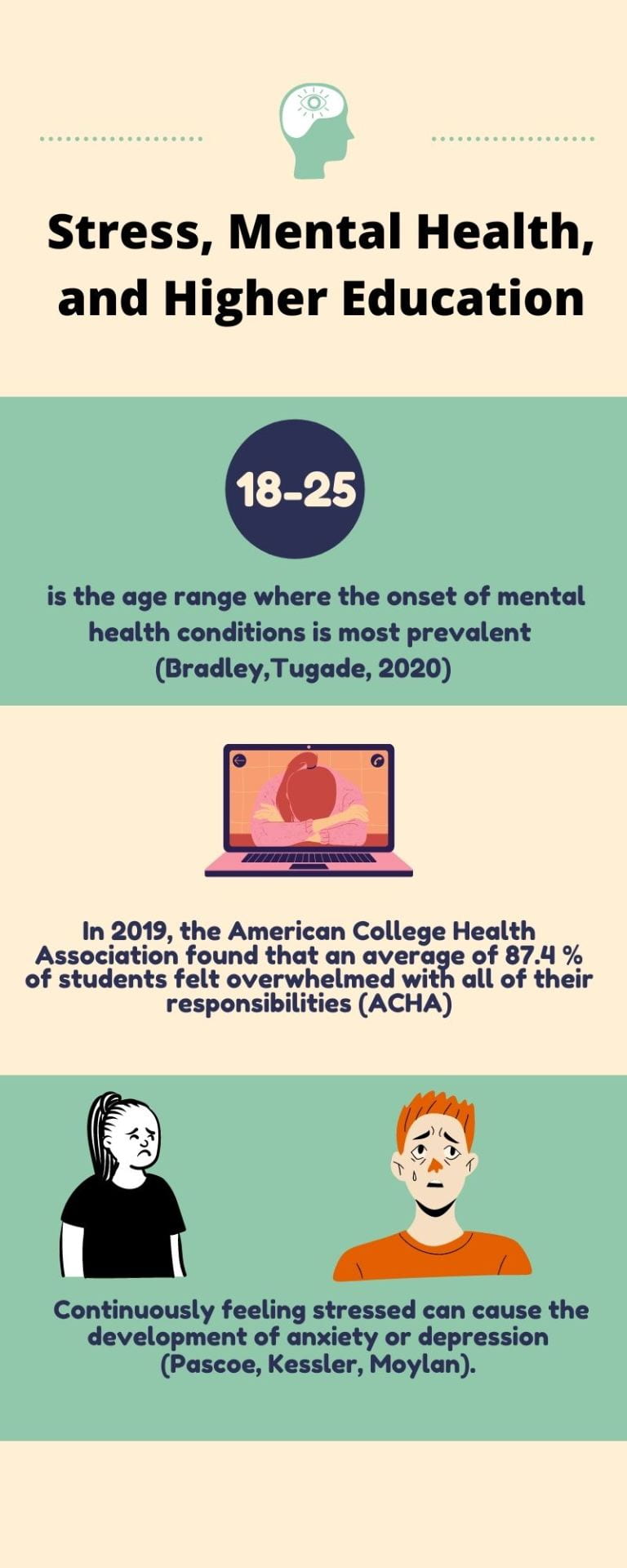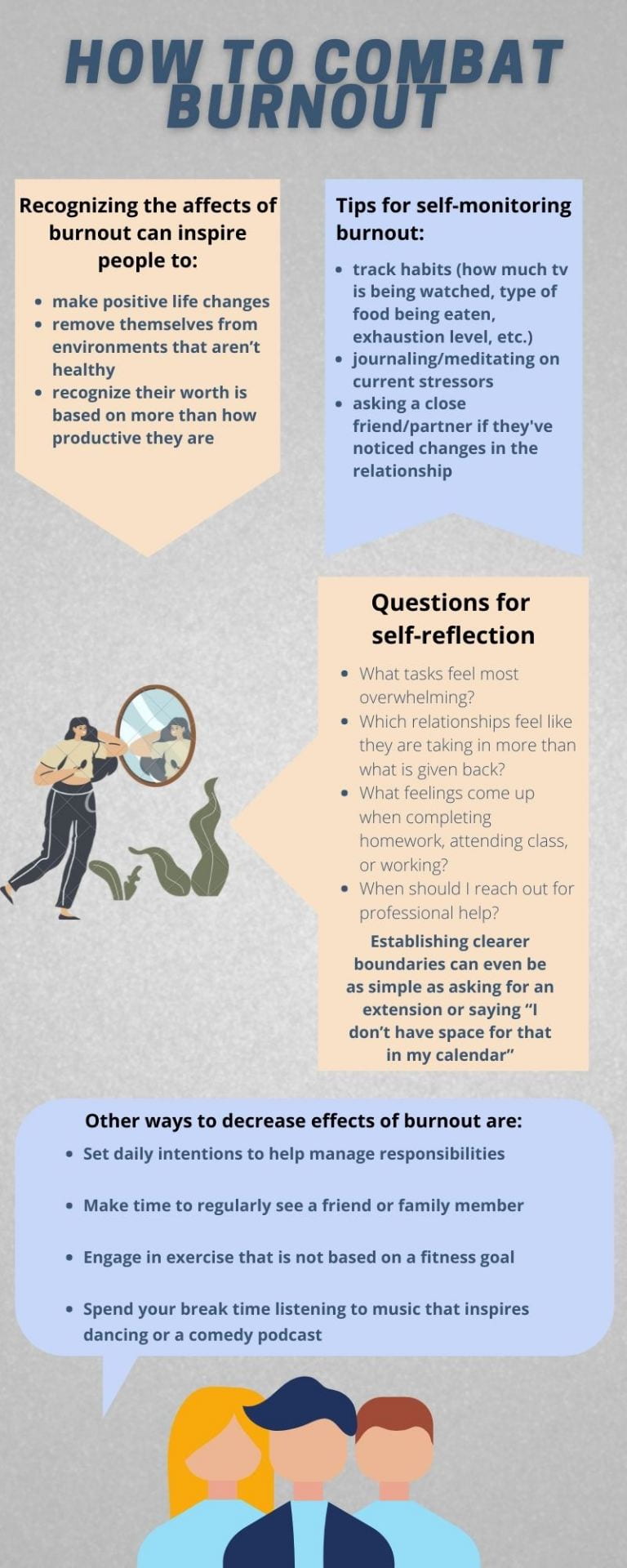Drinking culture is so prevalent around us, particularly in Chicago, that we seldom take time to stop and reflect on the impact it has on us and those around us. Take a moment to think about the things you encounter on a daily basis. That could include ads, TV shows, music, movies, the built environment around you. You will likely find that these things contribute substantially to drinking culture and often promote unhealthy and non-inclusive ideas of drinking. If you think of your favorite TV show or movie, it often doesn’t take long to find a plot line like, if you have a problem then have a drink or if you feel bad then have a drink. These messages can be subliminal or very explicit but they are so pervasive around us that their impact can be far reaching. The idea of alcohol as a cure all is misleading and can cause real harm. It may not only lead to someone delaying seeking support for the root issue, but can lead to unhealthy relationships with substances in the meantime.
In addition to being directly harmful, the prevalence of drinking culture is also extremely non-inclusive. There are many people who choose not to drink, are sober and/or are in recovery. Alcohol’s prevalence can at the very least make it difficult for those who choose not to drink. It can also be triggering and exclusive for those who are in recovery or have had bad experiences with alcohol. It’s important that we begin to shift the culture of drinking around us, but the first step to doing so is by shifting our own internal attitudes towards alcohol and drinking. This can be as simple as creating more inclusive events that don’t center around alcohol or noticing and acknowledging when unhealthy portrayals of alcohol appear around us.
Consider joining HPW for Nightmare on Sheffield to learn more about harm reduction strategies and the culture of alcohol. Nightmare on Sheffield is happening in the Lincoln Park Student Center on October 29th from 4-7 PM. We will also have\ Nightmare on State on October 28th from 4-6 PM in the DePaul Center on our Loop campus.
The Sober Voices programming is a great way to learn about the journey of sobriety from individuals with lived experiences and can be found online. We also offer reflection guides if you want to share the videos with friends, student groups or other organizations.
You can join us on Fridays from 2:00-4:00 PM for our Alcohol CHOICES program. CHOICES is a great space to learn more about alcohol and reflect on its impact and our relationship to it.
If you are interested in learning more about the culture of alcohol and its impact, join us for Wellness Wednesday this week on 10/13/2021 from 4:30-5:00 PM.
Wherever you’re at, there is a space for you here. If you identify as being in recovery DePaul also offers a Collegiate Recovery community. You can check out DeHub for more info, or send our Substance Misuse Prevention Specialist – Katie Bellamy – an email at kbellamy@depaul.edu! If you aren’t sure where to start, if you’re struggling, if you need support or someone to talk to, or you just want to learn more, please reach out to the Office of Health Promotion and Wellness. We are always here for you!
Phone: 773-325-7129
Email: hpw@depaul.edu
Social Media: Instagram, Twitter and Facebook @healthydepaul
Do you enjoy our Wellness Wednesday articles? Subscribe to our blog for more!



